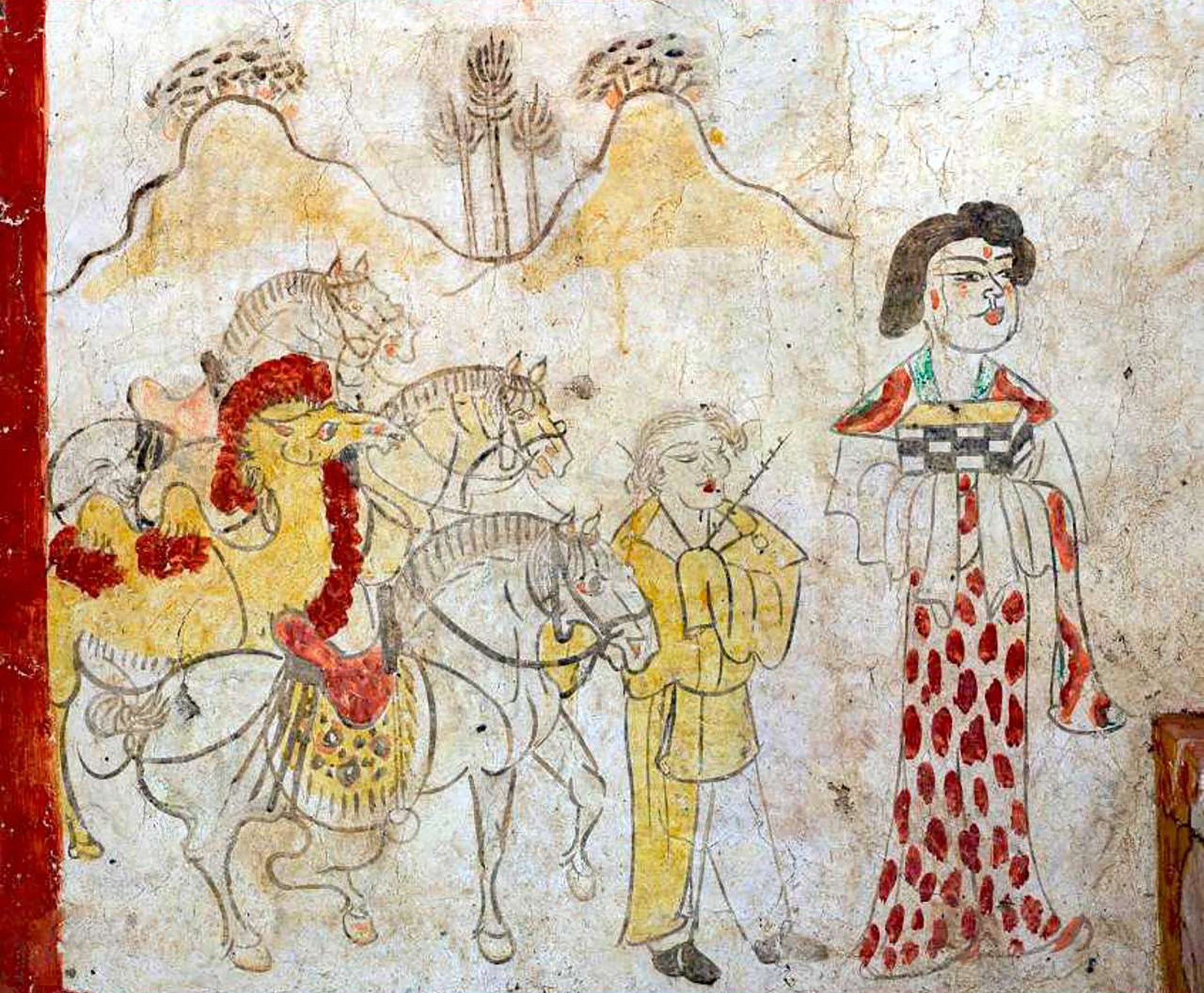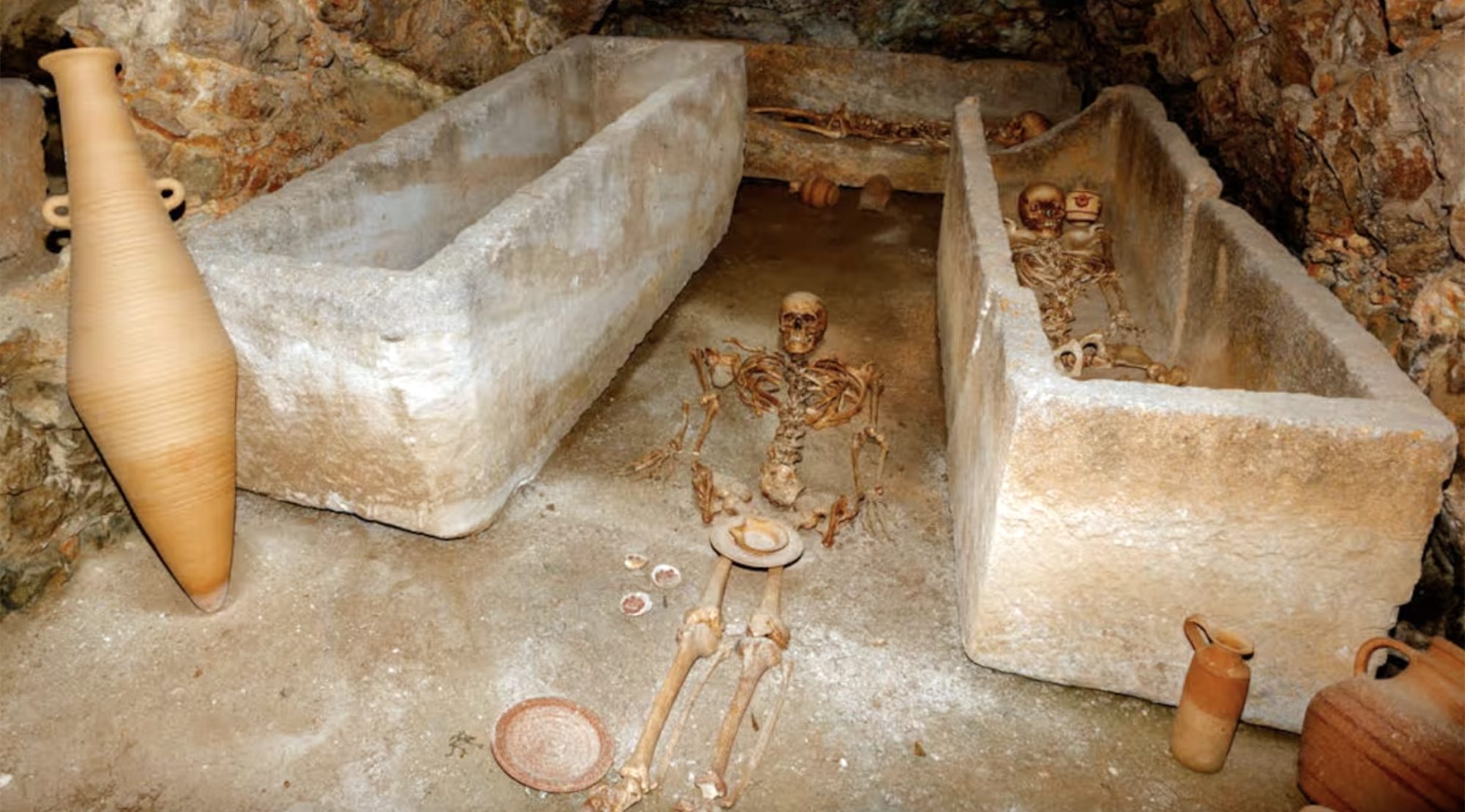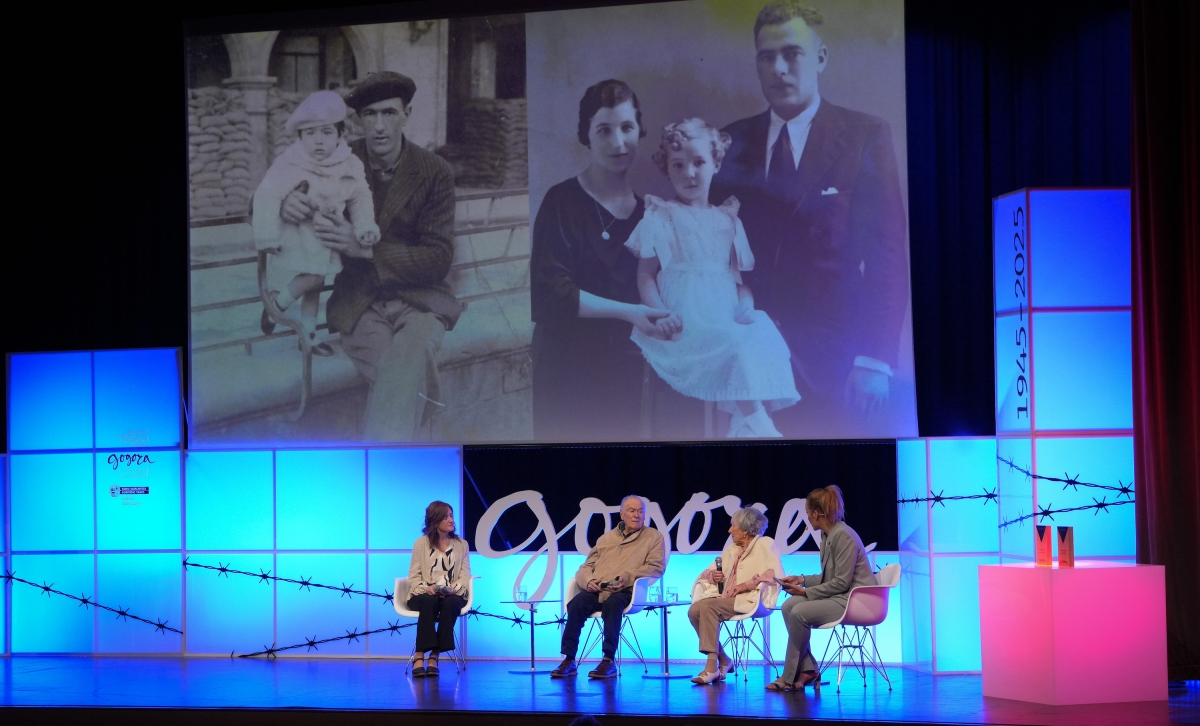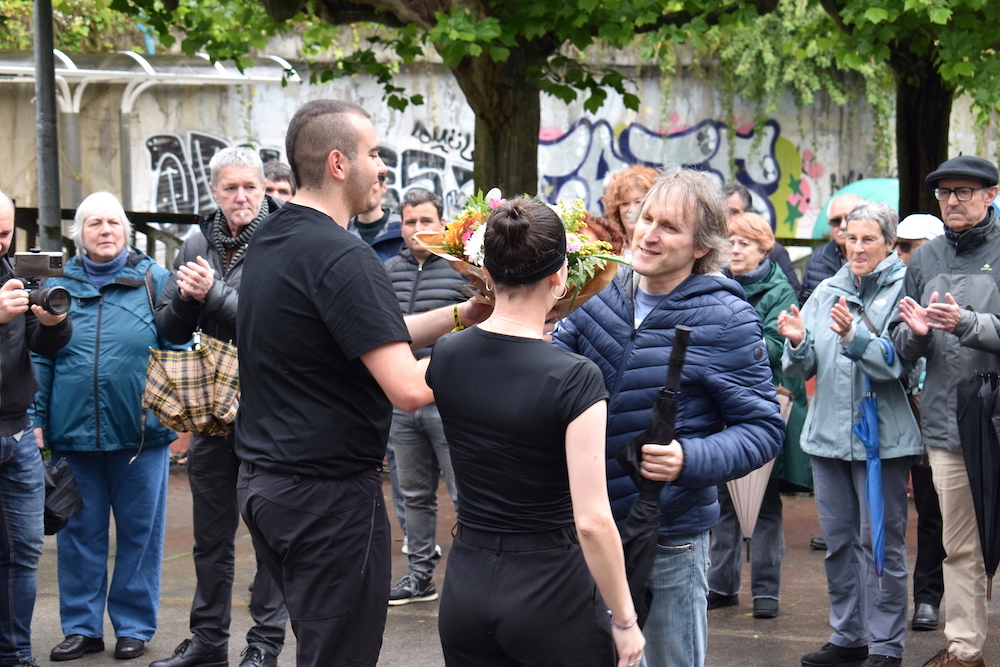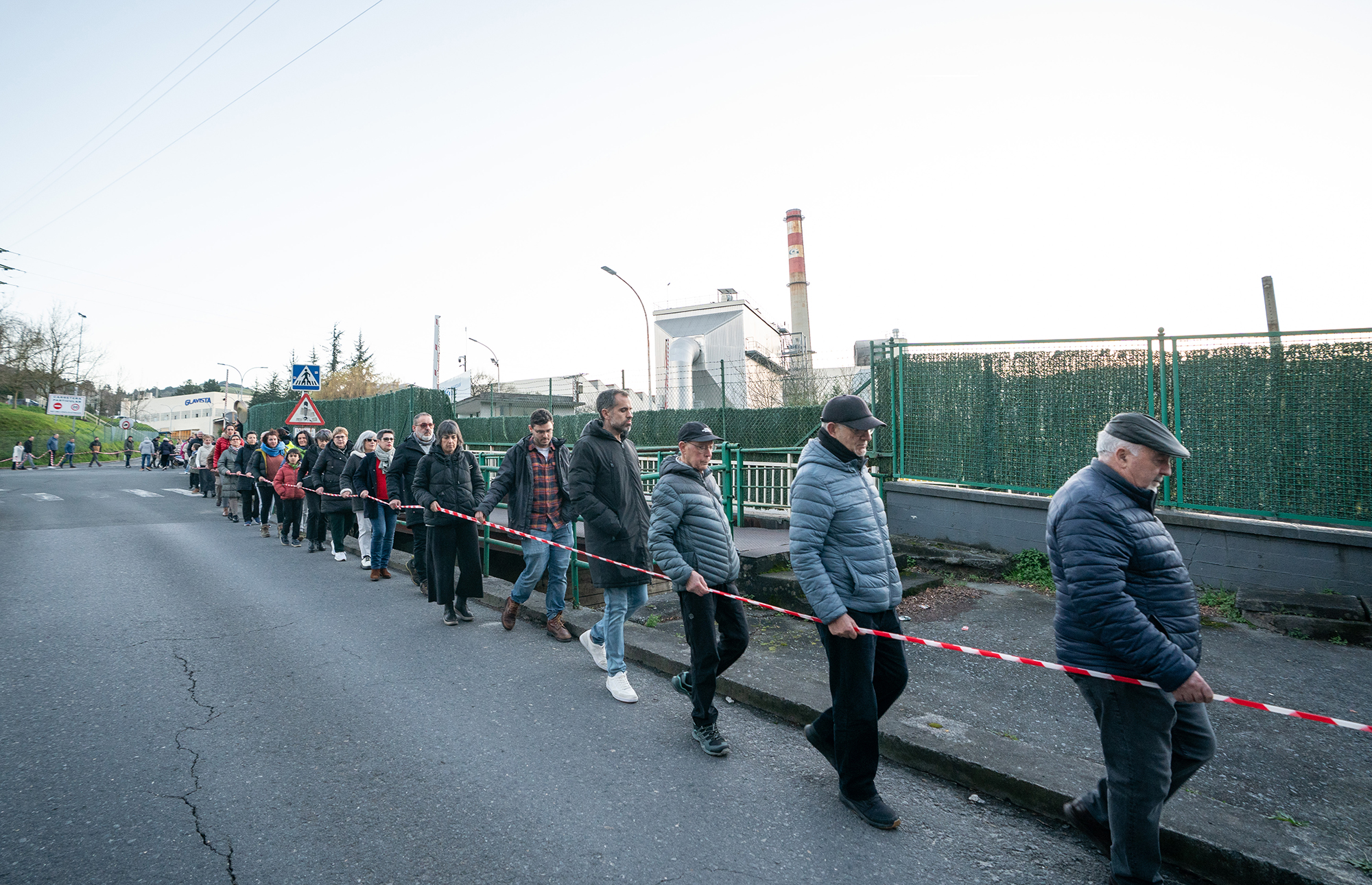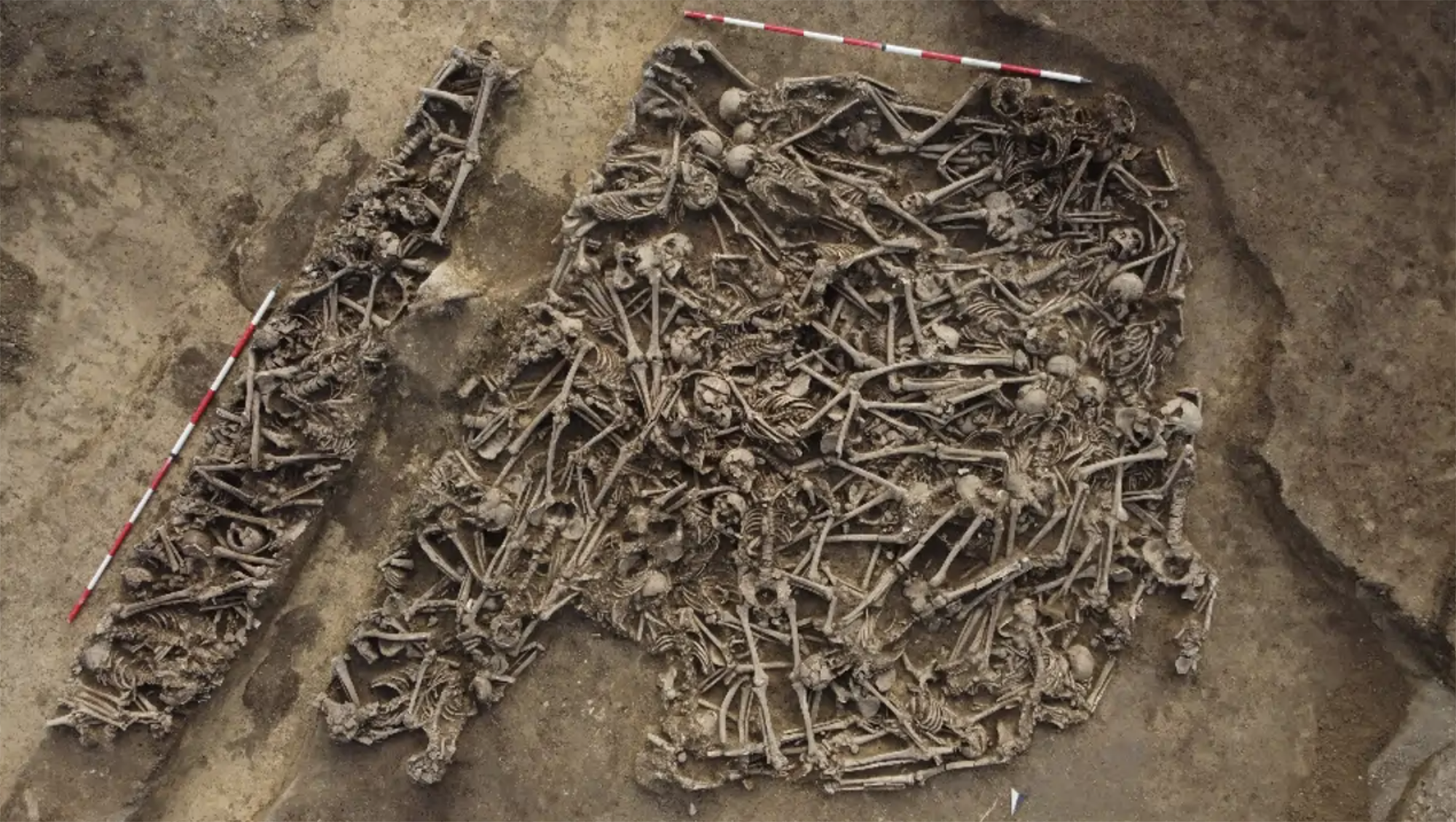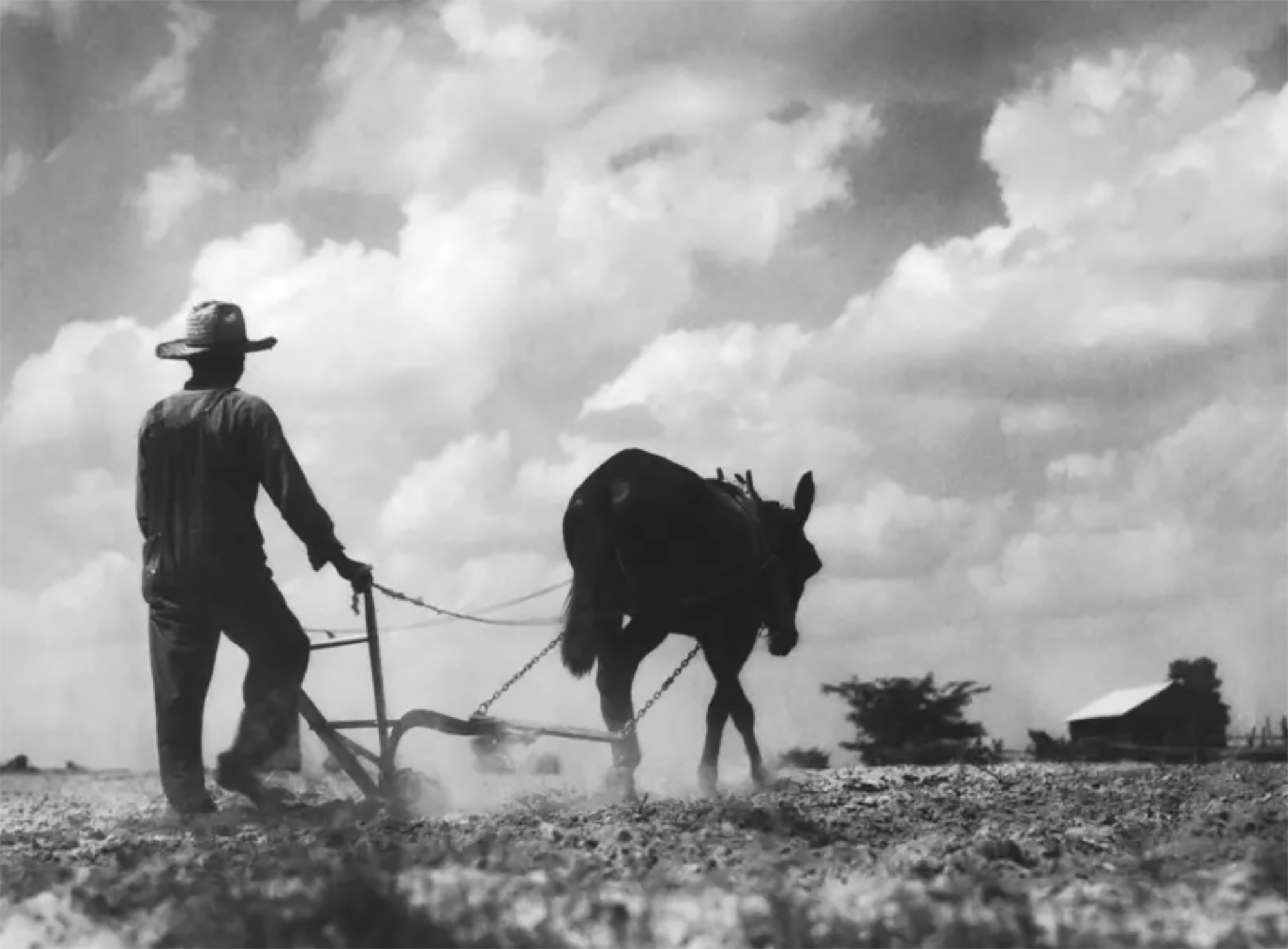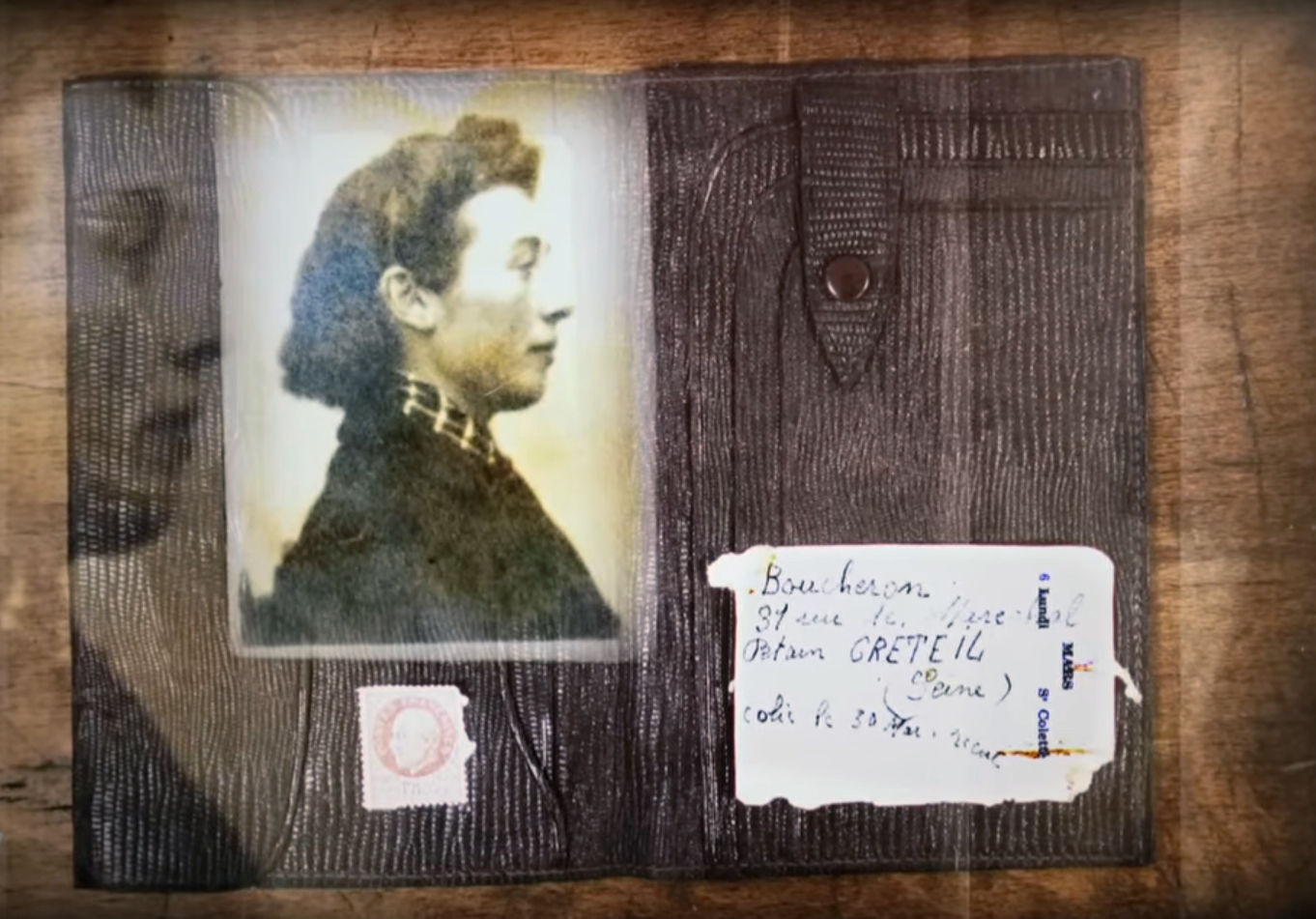A challenge for humanity

The longest stage in human history, the paleolithic (a. C.). 2,500.000-10,000) were taken by different ice seasons, interspersed between short temperate periods of global climate. But about 12,000 years ago, about, the last glaciation ended (the one that geologists call Würm) and the Holocene started, the mild geological period that we've lived so far. It is estimated that the world temperature warmed between 8° and 11° C. Ice in the ice caps melted and the sea level rose up to about 120 meters, at different beats and rhythms. The vast territories were flooded, the peninsula and conflicts became narrow and the Saharan region gradually dried up and deserted.
It was an extraordinary climate change that brought about transformations in human civilization that I hadn't seen before. Before, all human beings in the world lived in nomadic tribes and their economy was based on hunting and gathering. But, coinciding with the beginning of the Holocene, in the Middle East Growing Productive Region, there was a Neolithic Revolution.
Humans domesticated plant species and wild animals, inventing agriculture and livestock. They went from nomads to sedentary people: first they stabilized in small villages and then they created cities. The need to preserve food involved the development of new techniques such as ceramics, baking and many others. The emergence of surpluses and the growth of production led to the division and specialisation of labour, the emergence of trade and the increase of social inequalities. It wasn't a quick process, because it lasted for thousands of years, but by the depth of change it was a real revolution.
Since then, the global climate has not remained stable, there have been various fluctuations. According to experts, the end of the Roman empire was also related to a brief process of cooling the climate. Likewise, the riots and social conflicts of the 17th century were due to another climate change known as the Little Cold, which caused poor harvests and famines in Europe.
In industrialization, however, we humans start using fossil fuels profusion. Since then, the climate has warmed to 1.1ºC and the worst forecasts point to an increase of up to 4ºC by 2060. The truth is that this time the climate is changing faster and it has also been a man-made process. Given the background, is our civilisation ready to face this great challenge?
In the Chinese province of Shanxi, in a tomb of the Tang dynasty, paintings depicting scenes from the daily lives of the dead are found. In one of these scenes a blonde man appears. Looking at the color of the hair and the facial expression, archaeologists who have studied the... [+]
Carthage, from B.C. Around the 814. The Phoenicians founded a colony and the dominant civilization in the eastern Mediterranean spread to the west. Two and a half centuries later, with the decline of the Phoenician metropolis of Tyre, Carthage became independent and its... [+]
Salvador Puig Antich frankismoaren kontrako militantea izan zen. Askapen Mugimendu Iberikoko kidea, 1973ko irailaren 25ean atxilotu zuten. Gerra-kontseilua egin zioten, eta garrotez exekutatu zuten handik sei hilabetera, 1974ko martxoaren 2an. Aurtengo otsailean baliogabetu du... [+]
Rudolf Botha hizkuntzalari hegoafrikarrak hipotesi bat bota berri du Homo erectus-i buruz: espezieak ahozko komunikazio moduren bat garatu zuen duela milioi bat urte baino gehiago. Homo sapiens-a da, dakigunez, hitz egiteko gai den espezie bakarra eta, beraz, hortik... [+]
Böblingen, Holy Roman Empire, 12 May 1525. Georg Truchsess von Waldburg overthrew the Württemberg insurgent peasants. Three days later, on 15 May, Philip of Hesse and the Duke of Saxony joined forces to crush the Thuringian rebels in Frankenhausen, killing some 5,000 peasants... [+]
During the renovation of a sports field in the Simmering district of Vienna, a mass grave with 150 bodies was discovered in October 2024. They conclude that they were Roman legionnaires and A.D. They died around 100 years ago. Or rather, they were killed.
The bodies were buried... [+]
Washington, D.C., June 17, 1930. The U.S. Congress passed the Tariff Act. It is also known as the Smoot-Hawley Act because it was promoted by Senator Reed Smoot and Representative Willis Hawley.
The law raised import tax limits for about 900 products by 40% to 60% in order to... [+]








